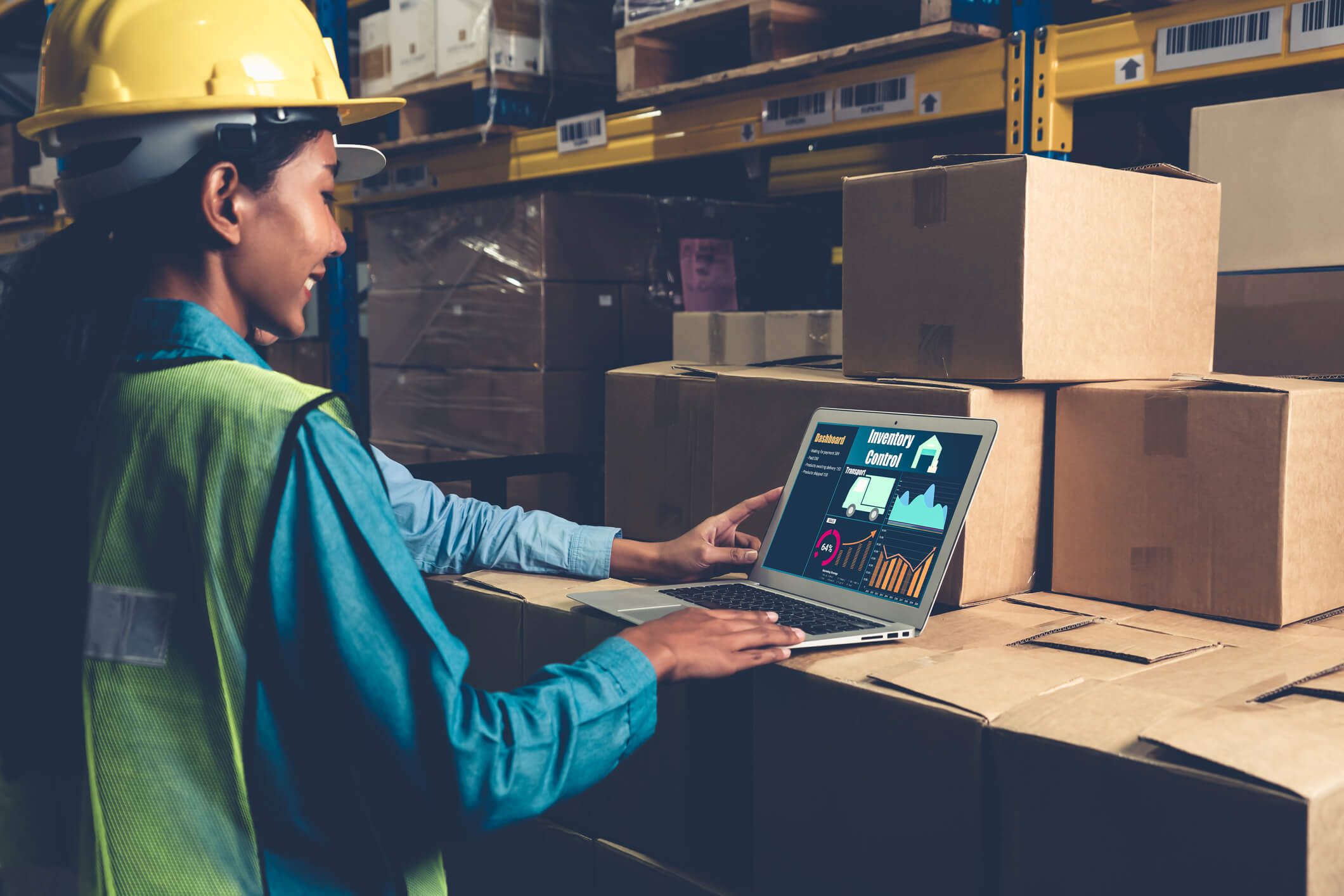Wholesale is the middleman function performed by a wholesale distributor. The end users are customers, and the supply chain begins with the manufacturer on one end of the channel. Wholesale trade also contributes to the country’s GDP (Gross Domestic Product). Before becoming a part of this industry, ensuring the factors discussed in the following paragraphs is essential. Besides keen salesmanship, a wholesaler must understand how to operate efficiently and ensure that profit margins do not thin out while trying to keep both the manufacturers and customers happy.
 Credit Management
Credit Management
Before starting a wholesale distribution business, you must understand the need to manage both receivables and payables. Managing receivables is the key to success in wholesale to maintain creditworthiness. If the amount customers owe has been paid, suppliers or manufacturers will be able to continue, and thus, supplier relationships will languish over time. Therefore, to keep both relationships in balance, you must be able to synchronize the two parties. It may be successfully done by implementing credit limits for each customer during the bookkeeping process.
Moreover, they do not extend their debtor days beyond the due period on unnecessary requests. Get all customers on board regarding the standard debtor’s day policy and ensure that each customer knows the ‘no-exceptions policy in advance. As for the suppliers or manufacturers, ensure all suppliers are paid within the provided period, and flexible days must be negotiated before getting them on board. Good sync between the two parties will ensure the seamless functioning of your wholesale distribution business, which will be able to keep its creditworthiness intact.
Cost and Funds Planning
The most significant cost factor for any wholesale distribution business is inventory cost. This cost is then followed by payroll, maintenance, equipment, and procurement cost heads. Before starting your wholesale distribution business, ensure these cost heads are meticulously sorted to avoid any last-minute surprises. It is recommended that sufficient capital requirements are estimated before going on board. This initial capital will include the cost of inventory as a significant cost, as wholesale is solely dependent on inventory.
Before starting a wholesale distribution business, you must accurately estimate these costs to secure funds to initiate the venture. As for funding the business, personal savings may be the initial go-to for any start-up, but other sources of financing need to be secured to bring in huge inventories. The main product for any wholesale distribution business is inventory, without which the set-up is useless. Secure funds even through informal sources such as family or friends. Formal channels such as bank loans, hybrid securities, trade credit, and crowdfunding may eventually be approached at a later stage.
Contingencies and Backups
As previously mentioned, inventory is the most crucial of costs. It is also the main product that wholesale distributors must procure. Without this procurement, operations may never commence. Therefore, before starting your wholesale distribution business, you must plan for unforeseen delays and uncertainties in inventory to ensure minimum lost orders. Lost sales are not an extremely healthy sign for a newly established business. It usually gives a wrong first impression to customers.
To ensure you honor your sale obligations, backups, and contingencies must be set to ensure seamless operations during a shortage or unnecessary delays from suppliers. Lost sales are just one phenomenon; customer satisfaction is yet another. Inventory may be kept aside for use during shortages and delays, depending on the nature of the product, to keep customer satisfaction at par.
 Conclusion
Conclusion
In the dynamic world of wholesale distribution, mastering credit management, prudent cost planning, and robust contingencies are vital for sustained success. Efficient operations and a strategic approach ensure a seamless journey in this pivotal industry, contributing to personal success and the nation’s economic growth. With foresight and careful consideration of these factors, aspiring wholesale entrepreneurs can navigate the challenges and thrive in this essential intermediary role, fostering strong relationships with manufacturers and customers.
 About Complete Controller® – America’s Bookkeeping Experts Complete Controller is the Nation’s Leader in virtual bookkeeping, providing service to businesses and households alike. Utilizing Complete Controller’s technology, clients gain access to a cloud platform where their QuickBooks™️ file, critical financial documents, and back-office tools are hosted in an efficient SSO environment. Complete Controller’s team of certified US-based accounting professionals provide bookkeeping, record storage, performance reporting, and controller services including training, cash-flow management, budgeting and forecasting, process and controls advisement, and bill-pay. With flat-rate service plans, Complete Controller is the most cost-effective expert accounting solution for business, family-office, trusts, and households of any size or complexity.
About Complete Controller® – America’s Bookkeeping Experts Complete Controller is the Nation’s Leader in virtual bookkeeping, providing service to businesses and households alike. Utilizing Complete Controller’s technology, clients gain access to a cloud platform where their QuickBooks™️ file, critical financial documents, and back-office tools are hosted in an efficient SSO environment. Complete Controller’s team of certified US-based accounting professionals provide bookkeeping, record storage, performance reporting, and controller services including training, cash-flow management, budgeting and forecasting, process and controls advisement, and bill-pay. With flat-rate service plans, Complete Controller is the most cost-effective expert accounting solution for business, family-office, trusts, and households of any size or complexity.



